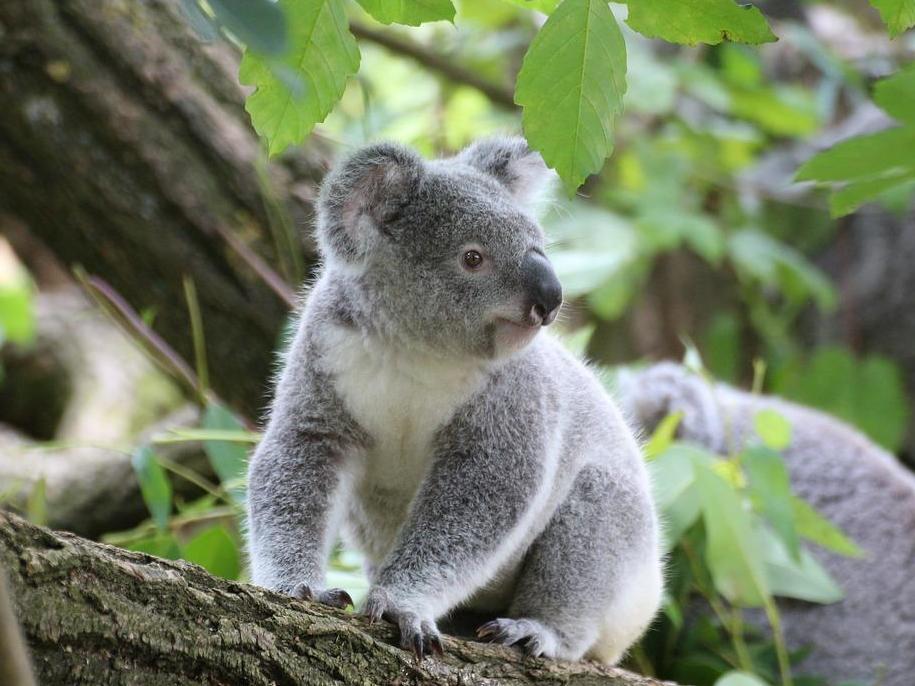Faecal transplants could save koalas by expanding their diet, research suggests
Marsupial is under increasing pressure from habitat loss, disease and climate change

Faecal transplants could save koalas by helping them expand their diet, new research has suggested.
Some koalas feed on just one type of eucalyptus tree which means they are extremely vulnerable to habitat loss. To make them diversify their diet, scientists gave them pills containing faecal microorganisms from another koala that ate a different type of eucalyptus.
Researchers found the faecal inoculations changed the koalas’ microbiomes, which meant they could eat different types of eucalyptus, according to the study published in Animal Microbiome.
The Australian marsupial is under increasing pressure from habitat loss, disease and climate change. They deal badly with droughts and heatwaves which are expected to become more common in the years to come.
“In 2013 the koala population reached very high densities, leading them to defoliate their preferred food tree species, manna gum," said Lead researcher Dr Michaela Blyton from the University of Queensland. "This led to 70 per cent mortality due to starvation, which was very distressing.
“What was interesting was that even though the koalas were starving, they generally didn’t start feeding on a less preferred tree species, messmate, despite the fact that some koalas feed exclusively on messmate.”
Researchers caught wild koalas that only ate manna gum and kept them in temporary captivity at the Cape Otway Conservation Ecology Centre.
They collected faeces from radio-collared wild koalas that ate messmate and concentrated the microorganisms within them. They then packaged them into acid-resistant capsules and gave them to the captive koalas that only eat manna gum.
“We then monitored how much messmate the koalas were willing to eat over an 18-day period and assessed how the microbiomes changed after the inoculations, comparing their diets to those of control koalas that received manna gum microbes,” said Dr Blyton.
Scientists found after eating the pills of faeces, koalas could subsequently eat messmate.
“This could affect all aspects of their ecology including nutrition, habitat selection and resource use. Koalas may naturally have trouble adapting to new diets when their usual food trees become over browsed or after being moved to a new location,” said Dr Blyton.
“This study provides a proof of concept for the use of encapsulated faecal material to successfully introduce and establish new microbes in koalas’ guts. In future, capsules could be used to adjust koalas’ microbiomes prior to moving them to safer or more abundant environments, and as probiotics during and after antibiotic treatment.”

Eucalyptus leaves are not nutritionally rich. They are so low in protein that koalas – which spend up to 20 hours a day asleep – have to eat 700g of them a day to survive.
Koala is an aboriginal word that means “doesn’t drink” – this is because koalas get more than 90 per cent of their moisture from eucalyptus leaves.
Join our commenting forum
Join thought-provoking conversations, follow other Independent readers and see their replies
Comments
Bookmark popover
Removed from bookmarks